Book Reviews (May 2025)
Body of Evidence, Nesting, We Solve Murders, Flipping Patriarchy & A Reason To See You Again
What I’ve been reading.
Hazel K Larkin - Body Of Evidence
Almost ten years ago, I read Larkin’s memoir, Gullible Travels, which details her experience of childhood sexual abuse and its impact on her adult life, including her relationships with abusive men. The word I want to use here is ‘harrowing’, which is the word we use for such accounts to convey the upset and distress we feel when we read about things happening to vulnerable people, to kids especially, but I also don’t want to use it, because it’s a cliché, and I feel like both it and this book deserve better words. Better phrases.
An alternative, then: I picked this in response to the day 29 prompt of the Read Irish Women Challenge this year for both ‘betrayal’ and ‘faithfulness’ because this collection of essays, exploring different aspects of the body, reveal both. The betrayal within a family - not just of those enacting the abuse but those enabling it, and punishing people for speaking up about it - and within a society, which historically has not been the best (she wildly understated) at protecting children from those in power. (And we would be fools to imagine that there isn’t still a tremendous amount of abuse going on, particularly within families.) But this is also a book about faithfulness, to yourself, to your own voice, your own story, your own body.
In De Profundis, Oscar Wilde writes: “It is tragic how few people ever ‘possess their souls’ before they die. ‘Nothing is more rare in any man,’ says Emerson, ‘than an act of his own.’ It is quite true. Most people are other people. Their thoughts are some one else’s opinions, their lives a mimicry, their passions a quotation.” (And it is a safer way to live, and also I am aware of the irony of citing a quotation in this cause, yes.) This book feels true - not just in the sense of ‘this is what happened’/’this is how it feels’ but in the sense of honouring the way it wants to be told, honestly, directly, conversationally sometimes, drawing on research in others. This collection emerged from a talk given to medical students about the impact of CSA on the body, and there is a lot of formal learning alongside the personal experience, but it is worn lightly.
It is sometimes funny - I had the good fortune of hearing an excerpt read at the launch, which emphasised this side of it - in that darkly Irish gallows-humour way. It is often shocking, and I think partly this is because it’s so matter-of-fact about the abuse - it doesn’t sensationalise for or infantalise the reader (the cover and title should, after all, indicate that you might be in for some difficult material). But more than that, it’s hopeful in a non-bullshit way. It is messy and authentic as it moves through different body parts - both loved and unloved - and the associations with each, some of which do not sing from the prescribed hymn sheet of Body Positivity or The Right Way To Be A Survivor or Divine Femininity. It is, in other words, true and human.
*
Roisin O’Donnell - Nesting
I read this novel the same week of several media stories about men who murdered their partners, and sometimes their families, including this one, This felt significant in ways that it probably shouldn’t have; it is one of the grimmer facts of our society that men murder women, often the ones they are supposed to love.
Ciara, the protagonist of O’Donnell’s debut novel (following on from an acclaimed collection of short stories), knows this. Ryan is a Nice Guy, a Good Man. He’s never hit her - just controlled her, manipulated her, and done some other things she can’t quite find the words for. There is so little ‘real’ violence she can point to, in order to justify wanting to leave him. And yet she knows, and fears, being one of those women. Being one of those statistics. Because she knows how quickly it can turn. She knows where it’s leading, even if the words would sound ridiculous said aloud.
Because Ryan is not a monster of the sort society shakes its head at and ostracises. He’s the sort of man people listen to - who has a family and friends who agree with him that Ciara is the trouble here. That Ciara’s family don’t like him is part of the problem - they’re poisoning her against him, perhaps.
(How can he be a monster if she keeps going back to him? How can he be a monster if he still has legal rights to their children? How can he be a monster if Ciara’s the one who needs to prove to the court that she’s the better parent, looking as though she’s on shaky ground?)
It’s not ‘monsters’ who abuse and control. It’s regular people, often men, often leaning on another structure to support their behaviours (in Ryan’s case, it’s religion and strict ideas about parenting). Ciara doesn’t get to just up and leave her husband and run off with her kids, although that’s how the book begins; she has to continue to negotiate life with this man, who’s placed a hold on his daughters’ passports and removed one safe haven for her - her mum’s house in Sheffield. Instead Ciara finds herself living in a hotel room, side entrance only to be used, with other homeless families for whom suitable accommodation cannot be found. It’s bleak without being self-pitying, and quietly devastating on the topic of a housing crisis which has only grown worse (the book is set 2018-19). Definitely worth a read.
*
Richard Osman - We Solve Murders
(And now for something much lighter!)
I was initially wary of Osman’s new series, and disappointed not to have another instalment of the Thursday Murder Club immediately - part of the appeal is that particular setting, after all, the warmth of it, and the agency given to the older characters. We Solve Murders is a little bit more jet-setty, featuring Amy, a bodyguard with a less-than-ideal childhood which will doubtlessly be explored in more detail in future books, as well as her father-in-law, Steve, a grieving widower and small-time detective, who end up travelling much of the world (including a stint in Ireland) trying to solve a case that involves money laundering, influencers, and an increasing body count.
It is a lot of fun, and there’s a similar vibe to the TMC books while still giving us something a bit new and fresh (and overtly glamorous). I think it amused me more than it tugged at the heartstrings, unlike recent TMC titles, but I suspect there is an emotional wallop or two planned for these characters as well. Worth giving this a chance.
*
Man Who Has It All - Flipping Patriarchy
The Man Who Has It All satire account is a favourite of mine, and perhaps yours too, inviting us to reflect on gender norms by flipping the script. Can men be good leaders or are they too emotional? Isn’t it amazing how women realise that boys matter once they’ve had sons of their own? The content works brilliantly for our meme-able, share-able age, but this book provides the space to think a little more deeply about it, as well as reflect on how satire can function. There are footnotes and reading recommendations and everything. (Best read in bits rather than all in one go.)
*
Jami Attenberg - A Reason To See You Again
We are in familiar Attenberg territory in her latest novel - a complicated Jewish family, social commentary, yearnings and travel - which spans forty years in the lives of the Cohen women, left bereft after a death. Frieda, the mother, always cold, vanishes into alcoholism; younger sister Nancy gets pregnant and marries an unreliable man; the ‘good one’, Shelley, rises through the ranks of a prestigious tech company and turns a blind eye to dubious behaviour. I liked but did not love this, which felt particularly disappointing after having fallen so madly in love with the last Attenberg thing I read - her memoir, I Came All This Way To Meet You - but was perhaps also unavoidable, a necessary comedown.
Elsewhere:
reviewed for the Irish Times in May: Sunrise on the Reaping by Suzanne Collins; The Hive by Anna February; Under A Fire-Red Sky by Geraldine McCaughrean; and The Otherwhere Post by Emily J Taylor. The nature of Collins’s propaganda-fuelled world lets her rewrite what we might think we already know in a deliciously apt way. What we’ve been told – what we imagine is coming – is the Capitol’s version, revealed here to be “a mind-bending realignment of events”.
my short story collection, In The Movie Of Her Life, is out in the world now. Nice things people have said about it can be found here, and you can listen to me talk about it (and books I have loved) on the Burning Books podcast here.




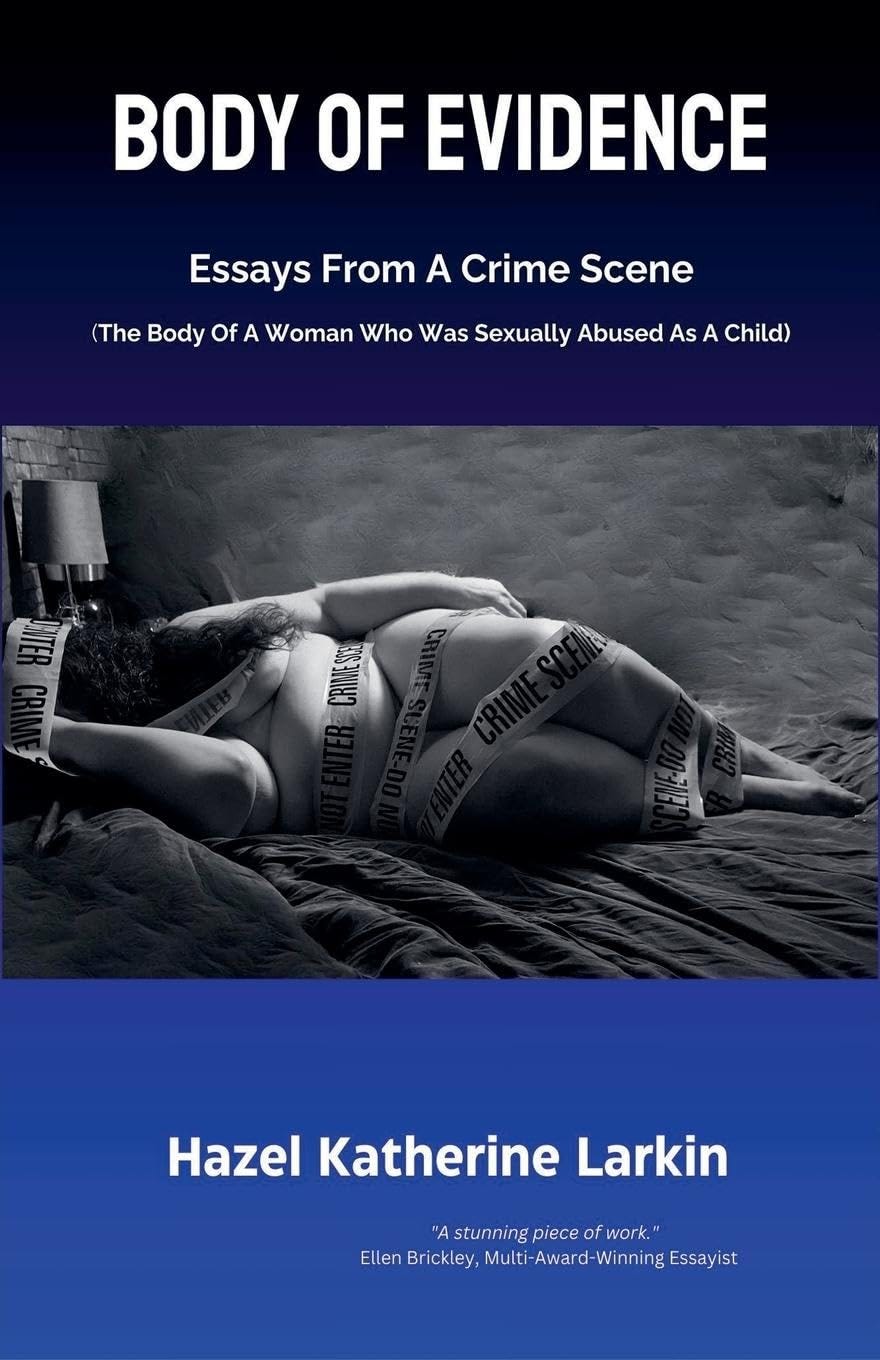
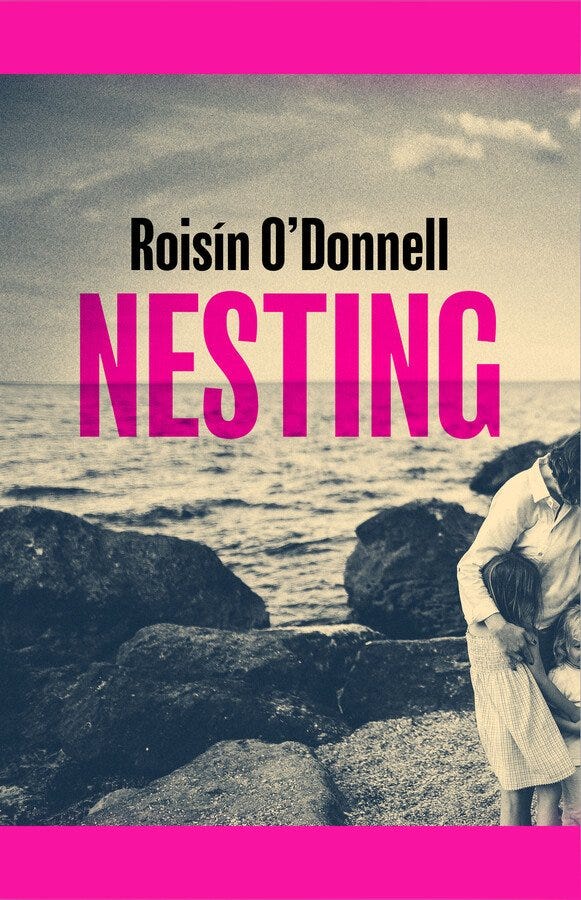
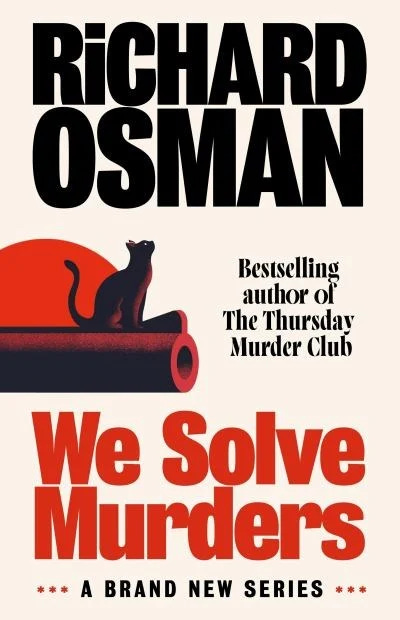
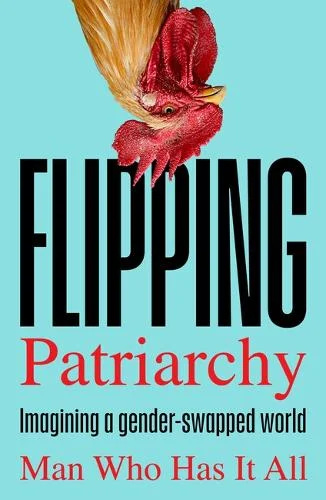
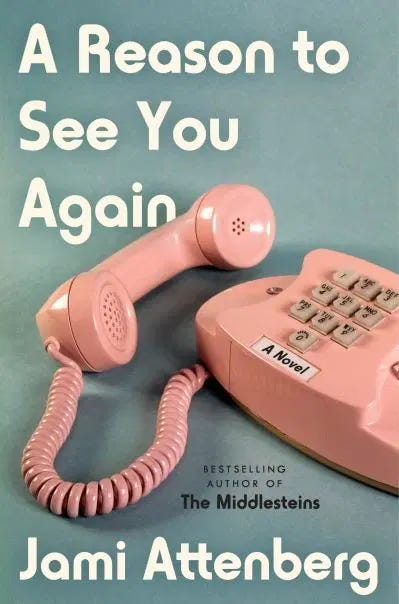
i thought the roisin odonnell book was about rosy odonnell for a second heheh :)